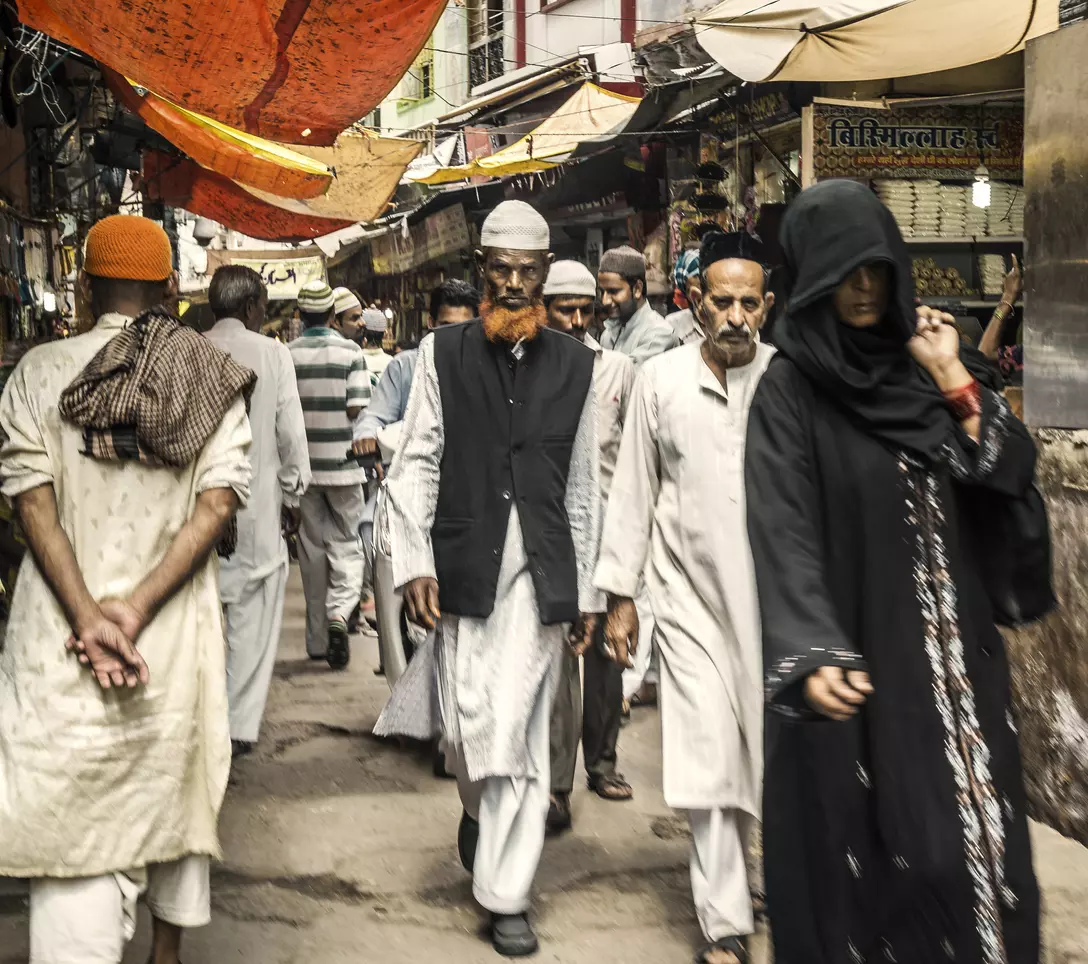
- Home
- India
- World
- Premium
- THE FEDERAL SPECIAL
- Analysis
- States
- Perspective
- Videos
- Sports
- Education
- Entertainment
- Elections
- Features
- Health
- Business
- Series
- In memoriam: Sheikh Mujibur Rahman
- Bishnoi's Men
- NEET TANGLE
- Economy Series
- Earth Day
- Kashmir’s Frozen Turbulence
- India@75
- The legend of Ramjanmabhoomi
- Liberalisation@30
- How to tame a dragon
- Celebrating biodiversity
- Farm Matters
- 50 days of solitude
- Bringing Migrants Home
- Budget 2020
- Jharkhand Votes
- The Federal Investigates
- The Federal Impact
- Vanishing Sand
- Gandhi @ 150
- Andhra Today
- Field report
- Operation Gulmarg
- Pandemic @1 Mn in India
- The Federal Year-End
- The Zero Year
- Science
- Brand studio
- Newsletter
- Elections 2024
- Events
- Home
- IndiaIndia
- World
- Analysis
- StatesStates
- PerspectivePerspective
- VideosVideos
- Sports
- Education
- Entertainment
- ElectionsElections
- Features
- Health
- BusinessBusiness
- Premium
- Loading...
Premium - Events

Muslims are falling behind in most respects, and this takes down various indices; the govt takes satisfaction in the fact that non-Muslims might be doing better
If roughly every seventh Indian is a Muslim, the Interim Budget or Vote on Account presented by Union Finance Minister Nirmala Sitharaman tries to tell that the other six could well be under threat of societal changes because of the seventh.
In her Budget speech on February 1, she did not name the communities but addressed 'societal changes' to say as much through a separate head.
The 76th para of her Budget speech under this head reads – “The government will form a high-powered committee for an extensive consideration of the challenges arising from fast population growth and demographic changes. The committee will be mandated to make recommendations for addressing these challenges comprehensively in relation to the goal of ‘Viksit Bharat’.”
Population claims
What the Finance Minister said is in sync with similar 'challenges' often enumerated by BJP Chief Ministers Yogi Adityanath and Himanta Biswa Sarma, except the fact that the CMs of Uttar Pradesh and Assam have been more explicit by pointing towards Muslims as the main source of rise in population, which could pose a demographic question or issues in the times to come. Other BJP bigwigs have also often expressed similar views.
This is so despite the fact that the population growth in India has of late been flattening and the current total fertility rate (TFR) in the country is two children per woman as against over five in 1950. The decline in TFR cuts across religious divide and the trend is that of convergence in this regard among both Hindus and Muslims.
A report by Pew Research Centre released in September 2021 said: “Every religious group in the country has seen its fertility fall, including the majority Hindu population and Muslim, Christian, Sikh, Buddhist and Jain minority groups. Among Indian Muslims, for example, the total fertility rate has declined dramatically, from 4.4 children per woman in 1992 to 2.6 children in 2015, the most recent year for which religion data is available from India’s National Family Health Survey.”
Shrinking gap
The report further added, “…Muslim women were expected to have an average of 1.1 more children than Hindu women in 1992, the gap had shrunk to 0.5 by 2015.”
This could well be getting still narrower since 2015, though the exact figures would be available only after the census, which has now been delayed for about three years due to COVID-19 pandemic and can be expected to be conducted only after the upcoming Lok Sabha polls.
Obviously, the Interim Budget is guided more by the forthcoming polls than anything else and, given the BJP’s sectarian thrust, with eyes fixed on Sitharaman’s move should not surprise. But, what it is going to affect is the BJP’s ability to achieve development in an inclusive, broad-based and imaginative way.
Indices and biases
The ruling party often tries to shrug off the falling development indexes made from the point of view of the populace and meant to indicate the actual status of Indians on different parameters. These are released from time to time by international organisations, which the government back home smells as a colonial era bias against India.
As against such a stand generally taken by the government, the fact is that in recent years Muslims have been falling behind at a faster rate than others in most respects.
This naturally takes down various indexes and the government and other important sections of the society and economy mostly either refute or remain unmoved by this, taking satisfaction in the fact that people other than Muslims might be doing better. The current majoritarian tendency has come and is continuing by wishing away mainly Muslims and also generally all minorities.
Minorities deserve attention
Some of these, like Christians and Sikhs, are often educationally or economically better off vis-à-vis Muslims and, thus, the last deserves more attention among most social groups.
It should be more so during an exercise like the Union Budget. But this was not to be as the grants for government’s minorities department have been sharply cut in the Interim Budget. These grants in the past Budgets have hardly been fully utilised and there have been pilferages and scams in states like Bihar in distribution of government scholarships to poor, needy, deserving and even meritorious students from minority communities.
The upgrading and mainstreaming of Madrasas too have suffered due to lack of funds, besides other reasons, including disinterest on the part of the country’s educational system. Some of the Madrasas had to be closed down.
Need for universal education
But if the issue is to control the still rapidly growing population – more so since India has surpassed China in terms of population – it cannot be achieved without raising the level of education and awareness at a universal level and without being selective.
It is a known fact that the poorer sections of the society produce more children to add up to population than their well off, adequately aware and forward looking counterparts.
Thus, a large section of Muslims today needs to be rescued from slipping deeper into poverty, illiteracy and growing squalor, rather than being left to its own devices, as appears to be the case once again, courtesy this Budget.
(The Federal seeks to present views and opinions from all sides of the spectrum. The information, ideas or opinions in the articles are of the author and do not necessarily reflect the views of The Federal.)


